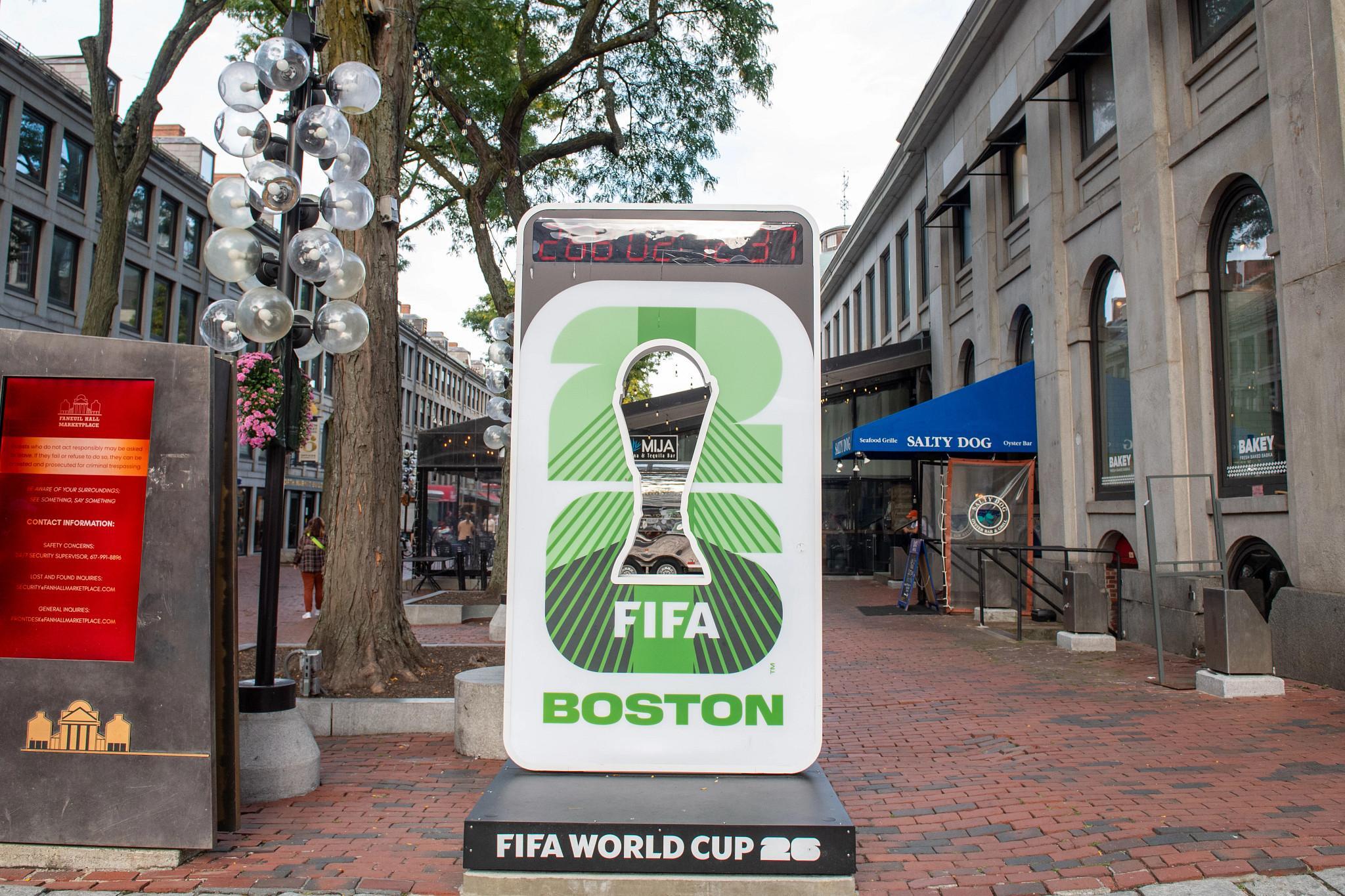PHOENIX — It's no secret that there's been a general malaise in the hotel industry around international inbound demand to the United States.
Some markets were still fighting to get back to 2019 levels before demand cratered this year, due in large part to the U.S. levying tariffs against other countries and an "America First" sentiment from the new presidential administration driving tourists away.
Executives from hotel ownership and management companies speaking at a recent meeting of the Lodging Industry Investment Council expressed concern about the return of international travel to the United States and shared their thoughts on how demand is shaping up for the 2026 FIFA World Cup so far.
When discussing the lack of international travel to the U.S., Charles Oswald, president and CEO at Aperture Hotels, said it depends on what the reference point is. If it's year over year, the drop-off in demand from Canada stands out. If it's relative to pre-pandemic levels, it's the decline in demand from the Asia-Pacific region.
"We never quite recovered in the West Coast. Our San Francisco hotels never got China back. We're sitting here at, like, 5% of what it was in 2019," he said. "But Canada, it was like a national directive, practically, to stay in Canada this year and not go to the United States."
The lack of Asia-Pacific travel is still a major headwind in Hawaii and the Pacific Northwest, PM Hotel Group President Joseph Bojanowski said.
"That was the highest [average daily rate]-driving component of the demand there [Hawaii], even with the dollar base typically weaker," he said. "Then the Pacific Northwest, too, particularly Portland, is heavily influenced by Asian inbound travel down significantly."
There's been a drop-off in international inbound travel from markets such as Germany and South America as well, said Greg O'Stean, chief development officer at Hotel Equities.
Amish Naik, vice president of development at StepStone Hospitality, said it's going to be tough to regain positive sentiments toward the U.S. and drive international travel back. He added he wouldn't count on a return to peak levels from countries such as Canada and China anytime in the near future.
"It's going to take a while for them to get over the shock of — and the bitterness of — what has happened," he said.
Lori Celniker, director of capital investments and transactions for the Americas at IHG Hotels & Resorts, lives close to the U.S.-Canada border, so she's spoken to a decent amount of Canadians about relations between the neighboring countries. She said "so many just don't have any desire to come to the U.S."
"The message was, 'You're not welcome,' the message was received and understood, and that's it," Bojanowski said.
World Cup demand
The question marks around international travel couldn't be coming at a more inopportune time. North America will host the 2026 FIFA World Cup, with the United States leading the way with 11 host markets. When asked if international travel for the World Cup was a specific concern, executives at the LIIC meeting said it was.
While an international inbound recovery is on their minds and something to monitor, there's no indication yet whether it'll have a stark impact on hotel demand for the tournament next year. Hoteliers await the release of the World Cup group schedules on Dec. 5.
A more pressing concern is hotels in host locations dropping rates dramatically before the schedule release. Oswald said he saw rates in Atlanta drop from $900 to $600 over a four-week span, and called the crashing of rates "an overreaction."
"Everyone is racing down, and the schedule hasn't even been released," he said. "If Georgia and Alabama are playing, we decide our rates ... way in advance because we get a schedule and know exactly who it is and what the day of the big game is. Here, you don't know who that is yet and they're dropping [rates] as if though they do, and they're wondering why no one's picked up — we don't have any clients."
Bojanowski said hotels in larger markets such as New York City and Los Angeles should keep rates pressed higher but other markets may see more modest demand.
"Kansas City and a few other places ... I think it's just going to be in and out for the game and back to some sort of base city that you're traveling from," he said.



